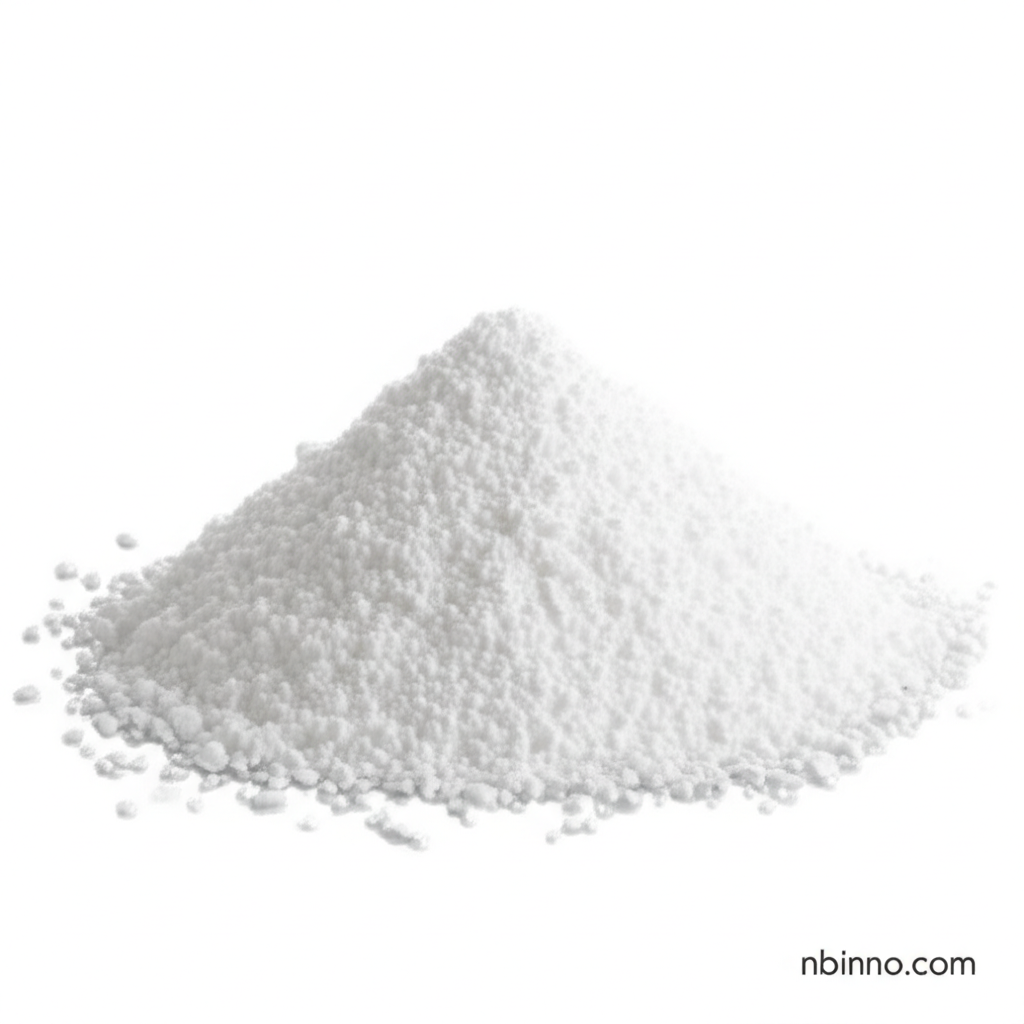Microcrystalline Cellulose: The Versatile Pharmaceutical Excipient for Enhanced Formulations
Discover the indispensable role of MCC in creating stable, effective, and high-quality pharmaceutical products.
Get a Quote & SampleProduct Core Value

Microcrystalline Cellulose
Microcrystalline Cellulose (MCC) is a vital excipient in the pharmaceutical industry, prized for its exceptional binding capabilities, compressibility, and inertness. It enhances tablet cohesion, facilitates drug release, and improves overall formulation stability, making it a cornerstone for various dosage forms.
- Explore the direct compression excipient benefits of MCC for simplified manufacturing processes.
- Understand the critical MCC binder properties that ensure tablet integrity and performance.
- Learn about the various MCC uses in tablets, from fillers to disintegrants, for optimized drug delivery.
- Discover the inherent microcrystalline cellulose advantages that set it apart from other pharmaceutical excipients.
Key Advantages Delivered
Enhanced Compressibility
MCC offers superior compressibility, allowing for the creation of robust tablets even under lower compression forces, a key benefit for direct compression excipient applications.
Improved Flowability
Its physical characteristics contribute to improved powder flow, ensuring consistent filling of tablet dies and uniform tablet weight, a critical aspect for pharmaceutical grade MCC.
Versatile Functionality
MCC serves multiple roles, acting as a binder, disintegrant, filler, and diluent, showcasing its versatility in pharmaceutical formulations.
Key Applications
Tablet Manufacturing
As a primary binder and filler, MCC is essential for tablet cohesion, compressibility, and maintaining tablet structure throughout production and use.
Drug Release Enhancement
Its properties as a disintegrant actively promote the breakdown of tablets in the GI tract, directly impacting drug release profiles and improving bioavailability.
Cosmetic Formulations
In cosmetics, MCC functions as a texturizer, anti-caking agent, and bulking agent, contributing to product stability and feel.
Food Industry Additive
As a dietary fiber and stabilizer, it is widely used in food products, enhancing emulsification, foam stability, and texture.
